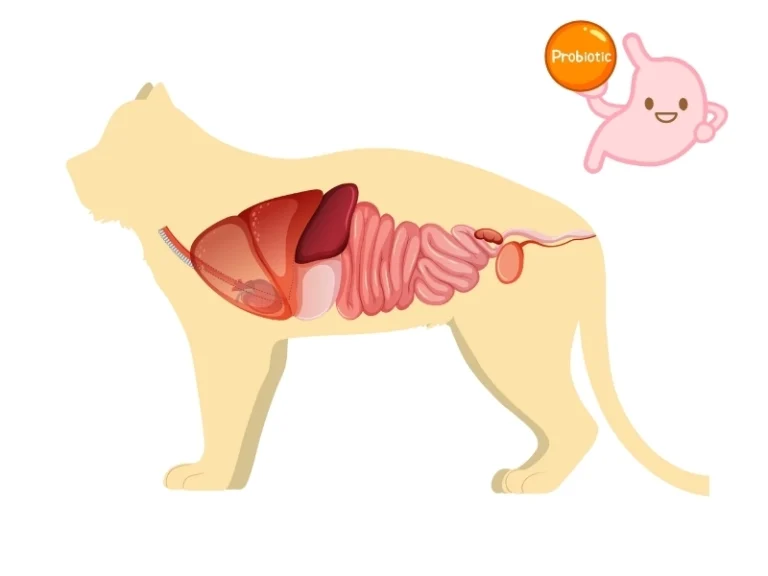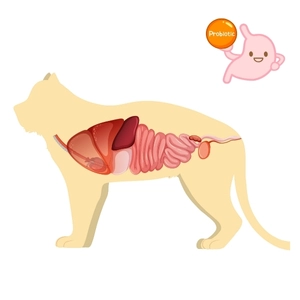Best Joint Supplements for Cats | Vet-Approved Guide 2025
Best Joint Supplements for Cats (Vet-Reviewed + Buyer’s Guide) table of content Introduction Just like humans, cats can suffer from joint pain and mobility issues as they age. Conditions like arthritis or injuries can lead to decreased activity, stiffness, and pain. The good news? High-quality joint supplements can provide effective



